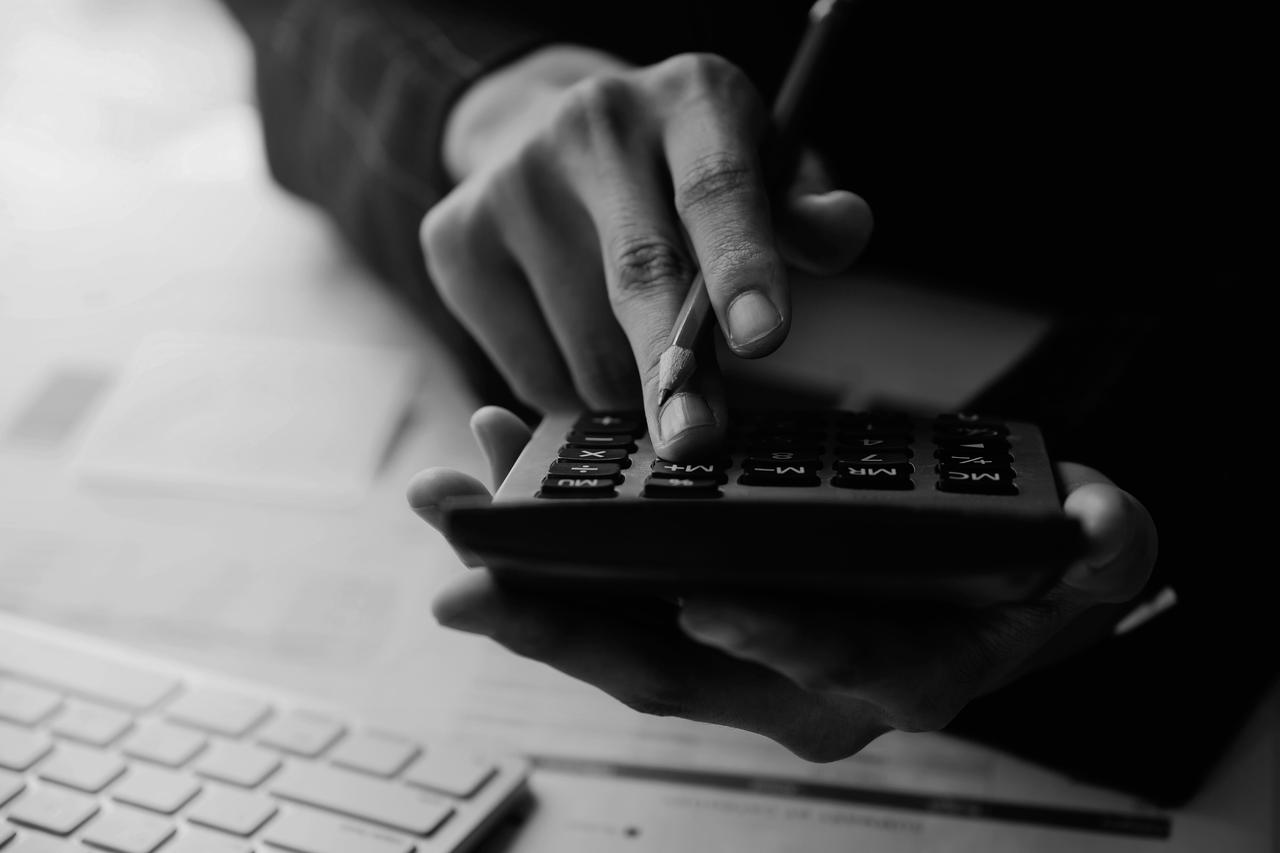
What are after-tax contributions?
An after-tax super contribution is money you add to your super account from your after-tax income (e.g. your take-home pay, savings, inheritance or the sale of assets).
Sometimes, these types of contributions can be called:
- personal
- voluntary
- after-tax
- non-concessional contribution.
They all mean the same thing - that you're paying money to your super account after your income tax has been deducted and you aren’t claiming a tax deduction for the amount.
What are the benefits?
- Investment earnings in your super fund are only taxed at 15%, up to the cap amount, not your marginal tax rate.
- A flexible way to boost your balance.
- You can reap the benefits of compounding interest.
- For 2025/26 the annual cap for after-tax contributions is $120,000 (as opposed to $30,000 for pre-tax contributions), and you can use the bring-forward rule to contribute up to $360,000 in a single year.
- You could qualify for benefits such as the government co-contribution or the spouse contributions offset.
- It can boost the tax-free part of an allocated pension in retirement.
- Potentially minimise tax paid on a death benefit to non-dependant adult children.
- You could claim a tax deduction to pay & pay a contribution tax of 15% instead of your marginal tax-rate (this will ultimately classify the contribution as concessional).
Who can contribute to super?
Eligibility criteria determine who can make contributions to their superannuation accounts, and there are limits on the amount that can be contributed. Discover the maximum you can add to your super to plan your contributions effectively.
Claiming a tax deduction on after-tax contributions
If you choose to enhance your super with an after-tax contribution, you might qualify to claim a tax deduction. Claiming this deduction could lower your taxable income, meaning your contribution may be taxed at a lower rate of 15% rather than your higher marginal tax rate. You need to submit a valid "Notice of Intent to claim a tax deduction" form with us and receive an acknowledgment notice from us.
You can make one-off or ongoing payments through your personal bank account by using BPAY.
-
BPAY You can make one-off or ongoing payments through your personal bank account by using BPAY. Please log into your legalsuper MemberAccess account to obtain your unique BPAY Reference number which you can find under “Make a contribution” option.
- Bank account name: legalsuper
- Bank: Westpac Banking Corporation
- BSB: 032021
- Account number: 560011
- Description: Your legalsuper member number
- SWIFT code (for overseas transfers): WPACAU2S
- Branch address: Corner of Pitt & Bridge Streets Sydney, NSW 2000
You must include your membership number in the transaction description. We must allocate your payment with this.
Set up automatic monthly Direct debits from your bank account to your legalsuper account by completing and returning this direct debit request form.
To cancel your Direct debit, you need to advise us in writing at least three business days before the date we will debit your bank account.
You must make your cheque payable to "legalsuper" to enable us to cash it. Add your name and member number to the back of the cheque. Please note that in line with major Australian banks, we cannot accept foreign cheques.
legalsuper
Locked bag 5081
Parramatta
NSW 2124
We accept RTGS payments. To arrange a contribution by RTGS, you must contact your bank and provide them with the exact details as an EFT payment. Please remember to include your membership number in the transaction description.
